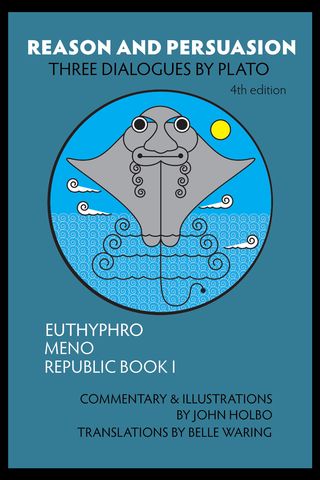Eric Schwitzgebel informs me that, annoyingly, the Overton Window turns out to be, like, something a libertarian dude published after he died. But, you know, there is actually a lot of plausibility to it. Eric is thinking about how, in philosophy, ideas migrate from unthinkable to sensible to popular. Maybe even policy! It would be fun to write a history of philosophical common sense. Try to trace shifts in what people have thought is obvious vs. weird. Eric is thinking, specifically, about local, recent shifts in attitudes towards panpsychism. Pretty wild idea, panpsychism! But if it moves from unthinkable to merely radical, probably notions like plant cognition and group cognition move from radical to … acceptable?
But here’s the thing. He’s burying the lede, my old poker buddy Eric is. (Or maybe he’s just playing his cards close to his chest.) If panpsychism is true, the universe could, like, BE an Overton Window. It started as unthinkable. Then there was that Big Bang moment when it passed from unthinkable to radical, and rapidly moves from there to acceptable, sensible. I would say that the existence of the universe is a very popular policy, in space and time, at present. It just makes sense, and the thought of nothing actually seems the radical option, by contrast.
Perhaps you would also like to subscribe to my metaphysics of cognitive bias newsletter: The World As Willed Misrepresentation.

